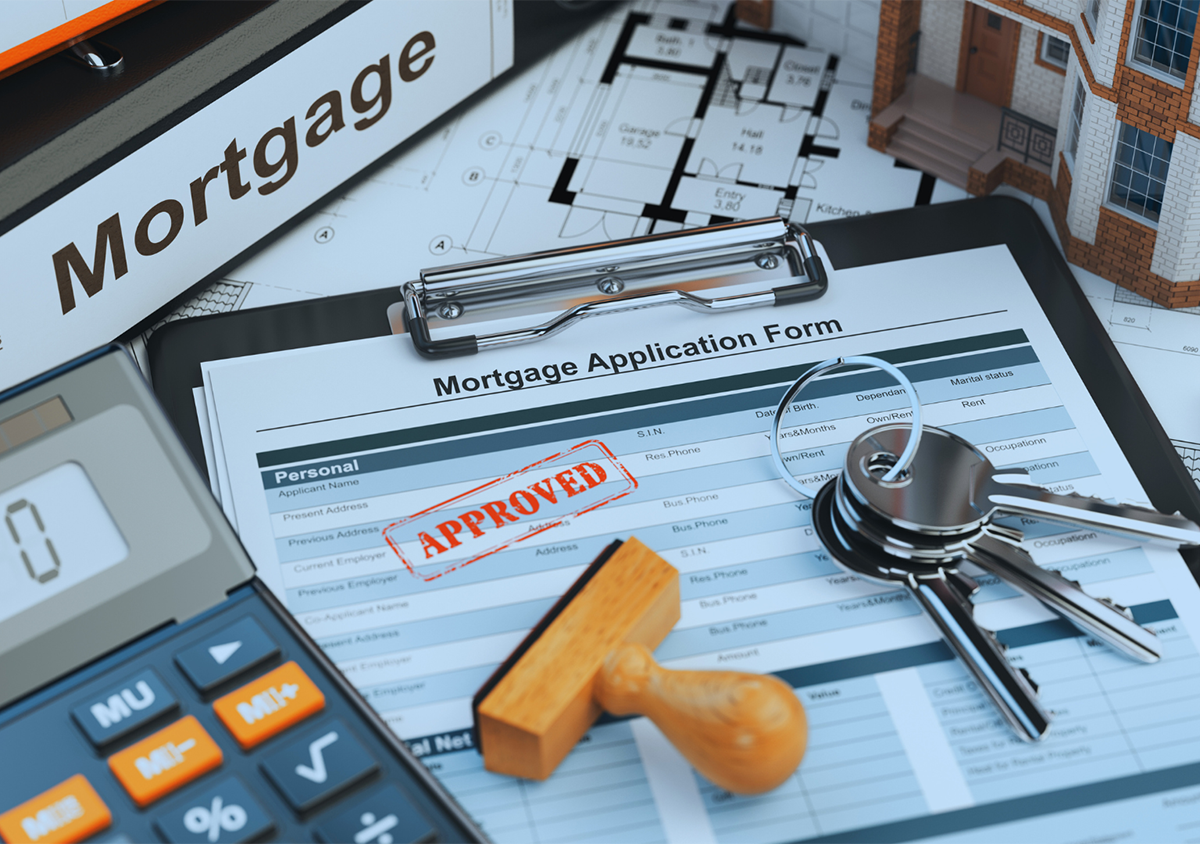Understanding the Home Inspection Process: What to Look for

Buying a home is one of the most significant investments you’ll make in your life, and ensuring that it’s in good condition is crucial. That’s where a home inspection comes in. A home inspection is a comprehensive assessment of a property’s condition, conducted by a professional inspector. In this blog post, we will delve into the home inspection process, highlighting key aspects to look for and providing you with the knowledge to make informed decisions during this critical stage of homebuying.
The Purpose and Importance of a Home Inspection
A home inspection aims to uncover any potential issues, defects, or safety concerns that may exist in a property. It provides buyers with an objective assessment of the property’s condition, allowing them to make informed decisions, negotiate repairs or adjustments, or even reconsider their purchase if necessary.
Finding a Qualified Home Inspector
One of the first steps in the home inspection process is finding a reputable and qualified home inspector. We’ll discuss the essential criteria to consider when selecting an inspector, such as certifications, experience, and professional affiliations. We’ll also explore the importance of hiring an impartial inspector who works solely for your best interests.
Exterior Assessment
The home inspection process usually begins with an assessment of the property’s exterior. We’ll discuss the key elements that inspectors examine, including the roof, gutters, siding, foundation, windows, doors, and landscaping. Understanding what to look for and the potential red flags can help you gauge the overall condition of the property.
Interior Evaluation
Moving inside, we’ll explore the interior components that are typically evaluated during a home inspection. This includes inspecting the walls, ceilings, floors, electrical systems, plumbing, HVAC (heating, ventilation, and air conditioning), insulation, and ventilation. We’ll highlight potential issues or signs of wear and tear that may arise and the importance of thoroughness in the inspection process.
Identifying Structural and Safety Concerns
Structural integrity and safety are paramount in any home. We’ll delve into how home inspectors assess the structural elements of a property, such as the foundation, load-bearing walls, and support structures. Additionally, we’ll address safety concerns related to electrical systems, fire hazards, mold, asbestos, and other potential health risks.
Inspection Report
After the home inspection is complete, you’ll receive a detailed report outlining the inspector’s findings. We’ll discuss the typical structure of an inspection report and explain how to interpret the information provided. Understanding the report empowers you to prioritize necessary repairs or negotiate with the seller based on the inspector’s findings.
But how do you find the right home inspector? Here are some essential criteria to consider when selecting an inspector:
- Certifications
Look for a home inspector who holds relevant certifications in the field. These certifications demonstrate their knowledge and expertise in conducting thorough inspections. - Experience
Experience matters. An experienced home inspector has likely encountered various types of properties and can identify potential issues more effectively. Consider inspectors with a proven track record in the industry. - Professional Affiliations
Check if the home inspector is affiliated with reputable professional organizations. Affiliations indicate their commitment to maintaining high standards and staying updated on industry best practices.
Equally important is hiring an impartial home inspector who works solely for your best interests. They should be independent and unbiased, without any conflicts of interest. This ensures that their assessment is based solely on the condition of the property, providing you with an accurate and impartial evaluation.
Remember, the home inspector you choose will greatly influence the outcome of your home-buying journey. Investing time and effort in finding a reputable and qualified inspector is well worth it. Their expertise and thorough assessment will provide you with peace of mind and empower you to make informed decisions about your potential investment.
At Paradigm21 Realty, we understand the significance of a thorough home inspection and the value it brings to our clients. Our experienced agents are well-versed in the home-buying process and can guide you every step of the way, including recommending reputable home inspectors in your area. We work diligently to ensure that our clients have the necessary information to make informed decisions. Contact us today to get started on finding your dream home with peace of mind.




